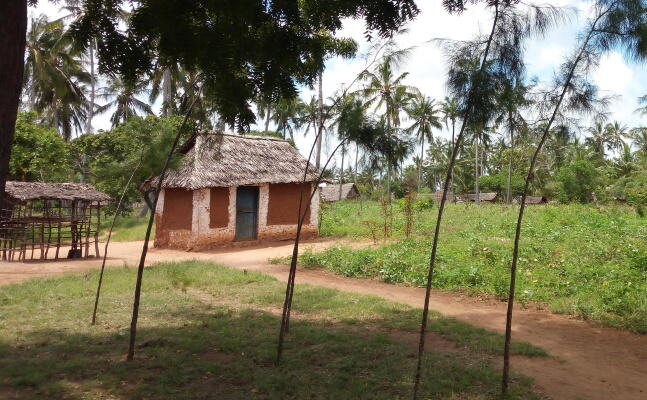The shadow of the unknown: an outbreak in Congo
12 December 2024

In the heart of Central Africa, within the dense forests of the Democratic Republic of Congo, a new health crisis has emerged, casting a shadow over the area of Panzi in the Kwango province. An unidentified illness, noted for its flu-like symptoms, has claimed lives and stirred fears of a potential epidemic.
Reports began surfacing around late October, with the first official alarm raised by local authorities in early November. According to the latest updates, between the 24th of October and the 5th of December 2024, there have been 406 suspected cases with 31 confirmed deaths. The symptoms of this disease are familiar: they include fever, headaches, cough, runny nose, body aches, and anemia. Children under five years old have been particularly affected.
In response, the Congolese government, alongside international health organizations, has been swift to respond. The Ministry of Public Health dispatched rapid response teams to the affected areas to investigate, gather samples for laboratory testing, and strengthen local health responses. The World Health Organization (WHO) has also mobilized, with teams on the ground collecting samples and working closely with national authorities to understand and combat the outbreak.
The geographical isolation of Panzi presents significant hurdles. Located roughly 700 kilometers from Kinshasa, the area's remoteness, worsened by the rainy season, makes access challenging, requiring a two day journey from Kinshasa by road. This isolation, combined with limited diagnostic capabilities and a high rate of malnutrition among the severe cases, has delayed the identification of the disease's cause. Yet, the results of the first analysis have already been published. They show that 10 samples over 12 tested positive to malaria. Yet, malaria is endogenous to the area, making this result not particularly surprising. Scientists are still unsure, and warn of the possibility of some other illness behind the flu-like symptoms.
While the world awaits for more definitive answers, the immediate focus is on containment and treatment of those affected. The Congolese authorities, with international support, are working tirelessly. However, until the pathogen is identified with certainty, much remains speculative, and the potential for this disease to evolve into a larger epidemic still exists.
The occurrence of this 'mystery' disease highlights the challenges faced by countries around the world in monitoring and detecting infectious disease outbreaks. In many regions, including those with limited resources, outbreaks can go undetected for weeks or even months, allowing diseases to spread and potentially become more difficult to control. The situation in Congo is a stark reminder of the importance of monitoring activities, particularly in areas where access to healthcare is already strained.